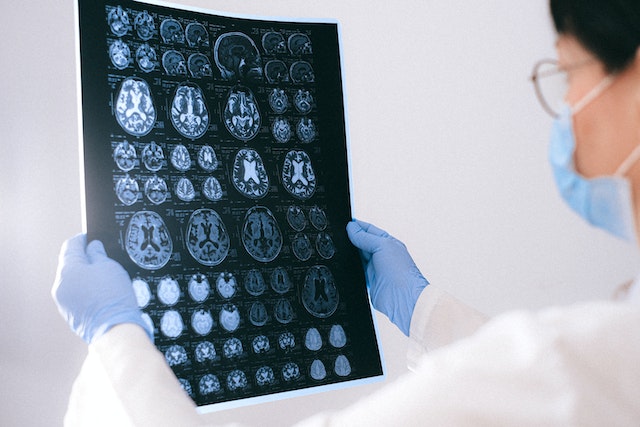Functional Neurology helps patients rebalance their physical and mental health, as well as their emotional well-being. A healthcare model focused in neuroscience, Functional Neurology studies patterns between the brain and the nervous system. By connecting symptoms that are causing imbalances between these two areas, a functional neurologist can help determine specific treatments for underlying issues.
Learn more about how subtle nervous system and neurological changes affect your health and how a Functional Neurology Center can help.
Functional Neurology Therapies
Functional Neurology seeks to assist parts of the brain and nervous system that have been impacted by neurological disorders, memory and attention loss, post-concussion syndrome, or traumatic or acquired brain injury. By reintegrating parts of the brain and nervous that have been disconnected, such as the cortex, brainstem, and cerebellum, improvements in memory, functioning, focus, and attention can be achieved.
There are many types of therapies that are utilized depending on the patient’s needs and background, as well. Some of these include chiropractic care, visual therapy, physical therapy, cognitive therapy or cognitive remediation, and functional medicine.
Through these therapies, the brain starts to have better regulatory control. This, in turn, improves cognitive function and leads to better quality of life for each patient.
The Importance of Functional Neurology
Recent research shows that by utilizing specific neurological and cognitive therapies like Functional Neurology or Cognitive Remediation Therapy, the brain can develop brand new connections. Through this method of developing neuroplasticity, functional neurologists can help remediate cognitive dysfunctions and deficits so that overall brain functioning can improve. This is achieved by addressing important issues like inflammation-immune signaling, brain inflammation, gut dysregulation, and other neural-cognitive processing issues.
Those who’ve suffered concussions or traumatic or acute brain injuries are particularly susceptible to excess brain inflammation. This can further lead to other physical problems like leaky gut symptoms or digestive issues. Chronic pain, anxiety, and depression can even result from this breakdown of communication between the brain and the body. Taking time to address the root cause of these symptoms is essential in stopping other physical, mental, and emotional issues from developing later on.
Functional Neurology can help you understand your brain and how it connects to your nervous system and the rest of your body. It can give you a wider lens to look at issues that may be impacting your daily life. If you’re struggling with memory, attention, focus, or executive function, or other cognitive processing issues, Functional Therapy (Neurology) may be able to help.
